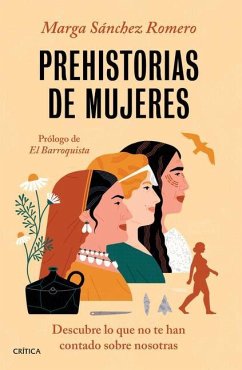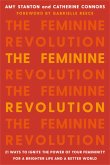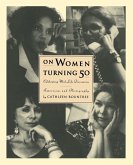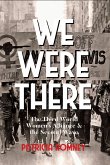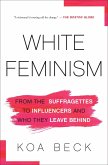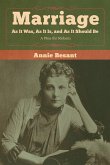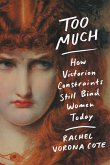"What role did the first women have in prehistory? Were they really the ones who were left taking care of the offspring? What were motherhood and raising children really like? At what point did women begin to lose power? In the story that has been constructed of prehistoric societies, women have occupied a secondary place that science has not cared to understand and explain in depth until now, when feminism claims the fundamental role of women in history. This exciting essay also reveals to us how the beginning of archeology in the 19th century as a scientific discipline marked the vision that was had of women and how this served to justify inequalities. A book that tries to break myths, makes us reflect on the origin of inequality and uncovers the essential contribution of our most distant ancestors."--Provided by publisher.
Hinweis: Dieser Artikel kann nur an eine deutsche Lieferadresse ausgeliefert werden.
Hinweis: Dieser Artikel kann nur an eine deutsche Lieferadresse ausgeliefert werden.

